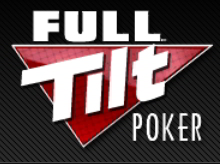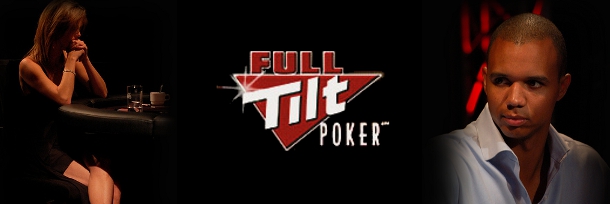

The former Full Tilt Poker spokesperson and longtime Team Full Tilt member has seen new life breathed into her lawsuit versus the sinking online behemoth with the recent decision by a US Court of Appeals to re-open the previously dismissed case. Adding to the strange twist in Gowen’s fate is the news that a former defendant in her suit — Phil Ivey — is taking a big swing at Full Tilt with a filing of his own.
- 1% stake of Full Tilt Poker Gowen claims she was promised.
- 40millions of dollars Gowen seeks in damages.
- 150millions of dollars Ivey seeks in damages.
Gowen’s original lawsuit, filed in 2008, included Full Tilt representatives Ivey, Howard Lederer, Chris Ferguson, Mike Matusow and Gus Hansen. Gowen claimed she had been promised a 1% stake in Full Tilt in exchange for joining Team Full Tilt as well as exclusively representing the site. She sought damages of $40 million from FTP but the case was dismissed by US District Judge Robert C. Jones in May 2009.
In a surprising reversal earlier this month, the 9th Circuit Court of Appeals ruled the district court erred on a number of counts in its dismissal of the case. Most notably was the dismissal of fraud and negligent representation claims against Lederer and alleged Full Tilt CEO/CFO Raymond Bitar. Gowen’s attorneys argued both men reneged on their proposed oral contract of ownership. According to the court papers, despite all of the other FTP celebrity poker superstars’ non-written agreements of ownership it was only Gowen who was not given a share of the company profits.
Gowen chose not to comment for this story directly, instead allowing her Las Vegas-based attorney Jim Kohl to do her talking.
“[Gowen] is pleased that at least part of the case has been re-opened,” Kohl said. “She feels gun-shy about the whole thing and doesn’t want to create any waves. She’s definitely pleased that [the lawsuit] is not dead yet.”
While both Gowen and Ivey were members of Team Full Tilt, it is Ivey who stands to suffer far greater economic hardship as a result of Black Friday’s stinging blow to the fortunes of Full Tilt. And it certainly shows in the form of damages requested by Ivey’s attorneys — upwards of $150m for their client.
Both players may be attempting to line up at a teller window at a foreclosed bank, however. Without U.S. players or the ability to pay them their account balances, Full Tilt’s long-term future success is certainly in question.
While Gowen appears to be looking mainly for financial retribution, Ivey’s case is more complicated.
- Feb 2004Ivey allegedly enters agreement with Tiltware.
- Nov 2008Gowen files suit against Full Tilt reps, including Ivey.
- May 2009Gowen case is dismissed by Judge.
- May 2011Ivey files suit against Tiltware.
- June 2011Gowen case is re-opened.
A portion of Ivey’s 2004 agreement with Tiltware – essentially the company created to provide software to Full Tilt Poker but with common ownership between the two – consisted of exclusive endorsement of the site by the well-known pro. As his case alleges, Ivey and Full Tilt have become synonymous in the poker world. Without a US player base to target with his endorsement and therefore increase his ability to earn, a key component of Ivey’s lawsuit involves dissolving his non-compete clause with Full Tilt, a request his attorneys say has been denied by the company.
Furthermore, Ivey’s case seems to be an attempt by the superstar to distance himself from the stench circling the alleged illegal banking activities of Full Tilt and their inability to payback their former US players. His lawsuit asserts that paying customers believe Ivey is part of the problem in preventing all of the money owed to US-based players to be returned to them.
From the court documents: “Additionally, people are demanding that Plaintiff [Ivey] pay the owed player’s funds personally.”
It is no surprise, then, that Ivey’s case claims he has “suffered public ridicule, humiliation, and loss of personal and professional reputation.”
In a statement of its own, Tiltware claims Ivey has been “invited — and has declined — to take actions” that could assist the company in its efforts to pay back its players, including a large sum of money “he owes the site.”
It is very possible the uncertainty surrounding online poker will be resolved by the time either of these cases reaches trial. Regardless of when, or if, they ever do, these two one-time teammates, then legal foes, are once again aligned against a common opponent.

